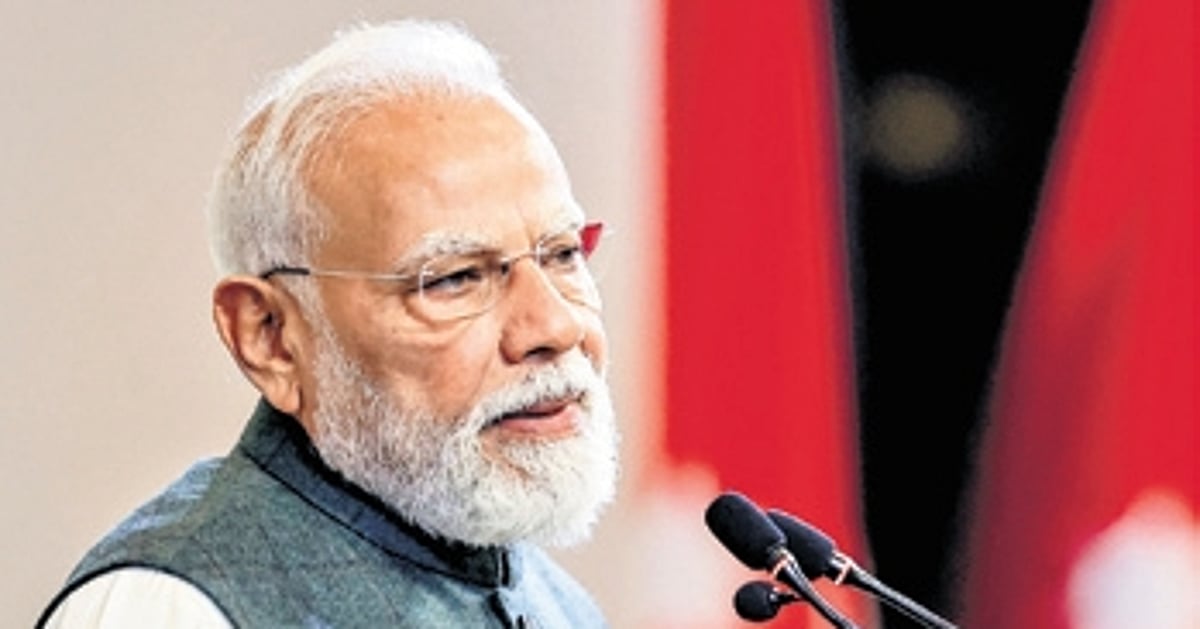Liu, D. M., Zhao, Z., Cai, Y. D. & Sun, F. R. Characterizing coal gas reservoirs: A multiparametric evaluation based on geological and geophysical methods. Gondwana Res. 133, 91–107 (2024).
Liu, D. M., Zhao, Z., Cai, Y. D. & Sun, F. R. Characterizing coal gas reservoirs: A multiparametric evaluation based on geological and geophysical methods. Gondwana Res. 133, 91–107 (2024).
In Cricket, New Zealand announced their ODI and T20I squads for the upcoming India tour. Mitchell Santner will lead the T20I side, while Michael Bracewell has been appointed captain for the ODI series. Kyle Jamieson features in both formats…

AHMEDABAD : Families of 197 Gujarat fishermen, allegedly detained in Pakistan jails for six years, held a protest at the secretariat in Gandhinagar, demanding immediate government intervention, diplomatic push, and a timeline for their…

Andrew Mountbatten-Windsor asked Jeffrey Epstein’s fixer Ghislaine Maxwell to arrange meetings with “inappropriate friends” while she sought “friendly and discreet and fun” girls on his behalf, the latest documents from the Epstein…

Charlie Mackesy has scored the literary world’s Christmas No 1 with Always Remember, the follow-up to his bestselling 2019 title The Boy, the Mole, the Fox and the Horse.
Always Remember sold 43,825 copies in the seven days to 20 December,…

Bottles and cans clatter along the production lines at Murree Brewery, a singular scene in the Muslim-majority country where alcohol is largely banned.
But Murree, founded in 1860…

A heady aroma of malt and brewing yeast drifts through Pakistan’s oldest and by far largest brewery, which is gearing up for expansion after…

A heady aroma of malt and brewing yeast drifts through Pakistan’s oldest and by far largest brewery, which is gearing up for expansion after getting approval to sell abroad after a nearly 50-year ban.
Bottles and cans clatter along the production…

While the old adage says that a win is a win, most would agree that not all victories are equal in terms of overall significance to a team — or simply from an entertainment perspective as a fan.
With that in mind, and with the help of all 30…

Tuesday on Alaska News Nightly
State lawmakers weigh in on next month’s legislative session. We discuss what to expect. Plus, Fairbanks residents can expect a White Christmas, followed by some very intense cold. And, Juneau residents hit the slopes this week to celebrate the solstice.
Reports tonight from:
Eric Stone, Jamie Diep and Alix Soliman in Juneau,
Desiree Hagen in Kotzebue,
Tim Ellis in Delta Junction,
Sofia Stuart-Rasi in Unalaska.
This episode of Alaska News Nightly is hosted by Wesley Early with audio engineering from Crystal Hyde and producing by Madilyn Rose.